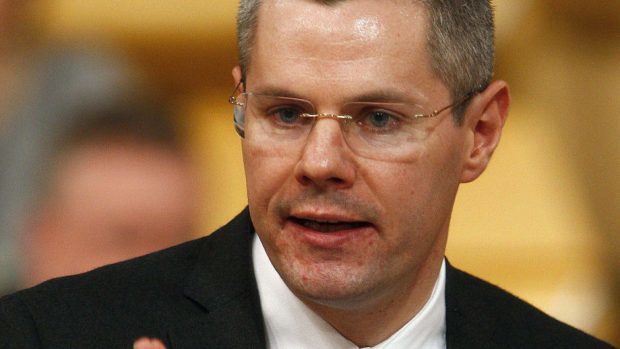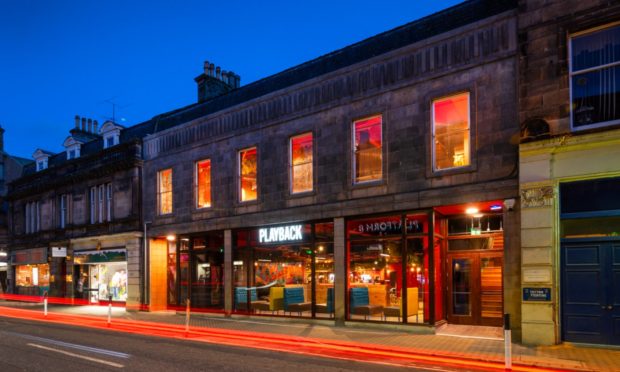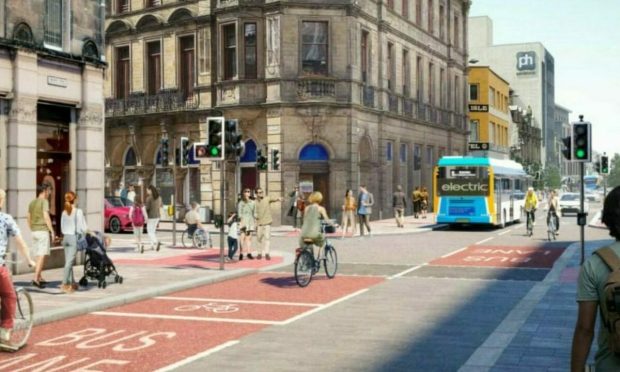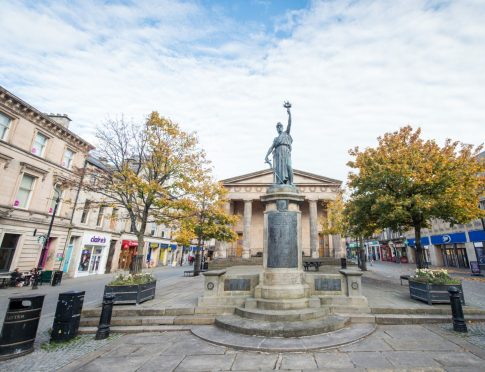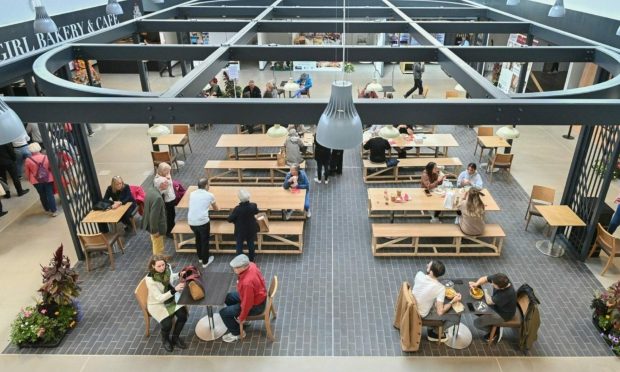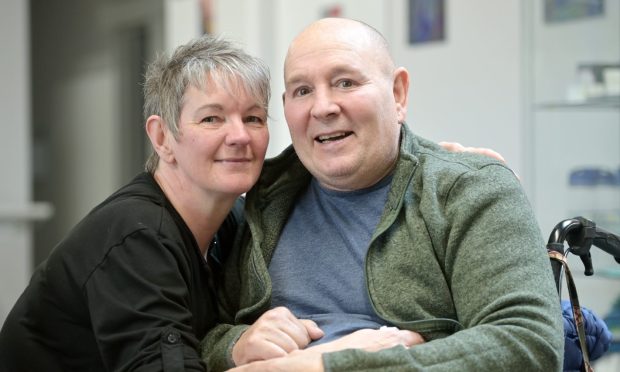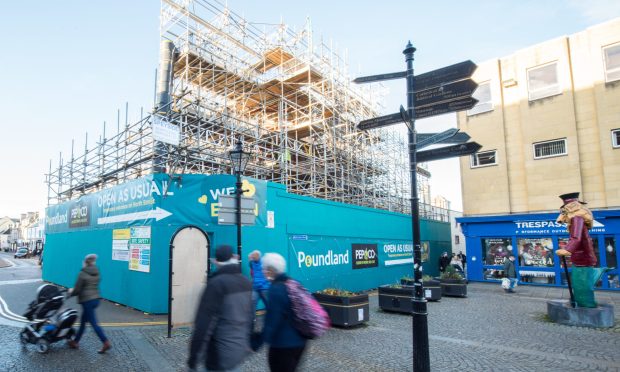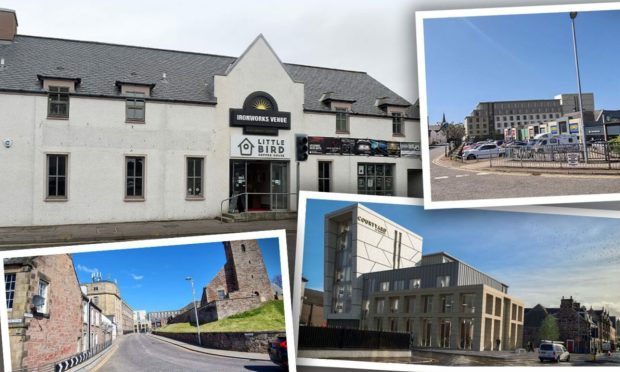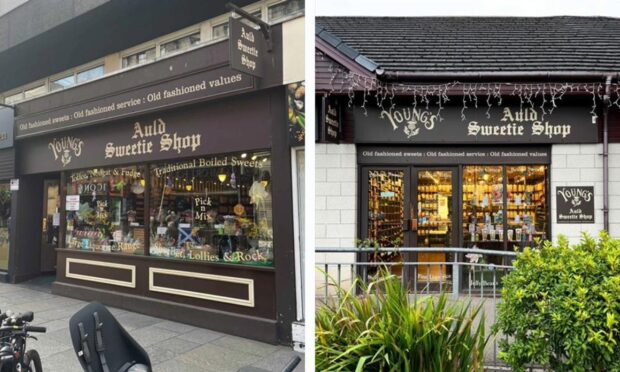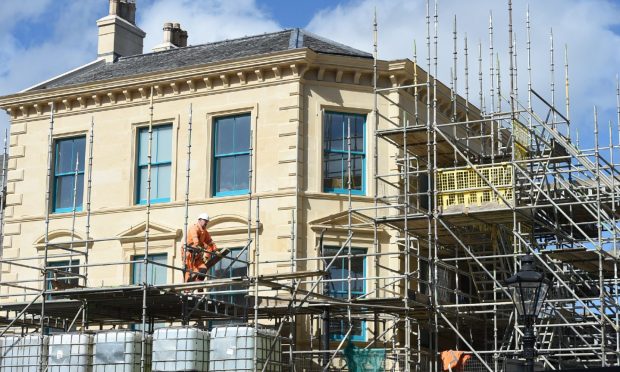Stark official figures have revealed the full scale of the hit taken by the north-east economy from a controversial business rates hike.
The region accounted for half the rise in rateable values – which determine how much the government takes in tax – across the whole of Scotland.
Politicians and business leaders said the report highlighted how badly local livelihoods had been “hammered”.
The astonishing burden placed on the north-east is revealed in the Scottish Government’s own assessment of the most recent revaluation.
It shows properties in Aberdeen were deemed by inspectors to have risen an average £11,200 in value — seven times the national average.
And while the amount raked in each year nationally remains around the same – a far bigger proportion of it is now demanded from the north east.
The switch provoked outrage when it was revealed, with critics pointing out that it took no account of heavy toll of the oil and gas downturn.
A furious campaign eventually forced a U-turn from Finance Secretary Derek Mackay, who for months refused to offer any help to struggling firms.
But with relief package only offering a one-year cushion and rates not due to be reviewed again until 2022, many face a battle to survive.
Business rate bills are calculated by multiplying individual Rateable Values (RV) by a nationally-set “poundage” – with reliefs and exemptions applied.
The government’s report shows that RVs across the whole of Scotland went up by a total of £346million from the previous assessment in 2008.
But half of that was made up of increases in the north-east.
Aberdeen’s went up £109million (23%), Aberdeenshire’s £48million (20%) and Moray £15million (16%).- a total of £172million.
In Highland the rise was £27million (9%), in Shetland £7million (12%). Western Isles £3million (11%) and Orkney £3million (10%).
The average rise in rateable value for Aberdeen business premises was £11,200 – in contrast with just £1,600 nationally.
Andrew Charles, of Granite City fish processors J Charles Ltd, said the report painted an astonishing picture of a failing system.
“Where on earth has the assessor got these figures from? I just don’t understand it,” he said – suggesting his industry had been particularly poorly assessed.
“We are being punished for investing in our businesses. It is an appalling tragedy of utter mismanagement by the government.”
In Aberdeenshire the rise was more than twice the national average at £3,800 and Moray’s businesses went up on average £2,600.
It was £3,200 in Shetland, £1,500 in Highland, £1,200 in Orkney and £1,100 in the Western Isles.
More than four in every five Aberdeen-based firms saw an increase, three quarters in Aberdeenshire, 80% in Moray and 73% in the Highlands.
Nationally the number was 60% – with 72% in Orkney, 69% in Western Isles and 63% in Shetland seeing a rise.
James Bream, research and policy director at Aberdeen and Grampian Chamber of Commerce said: “The figures bring into stark contrast the impact of the 2017 revaluation on the North-east of Scotland.
“This is why we need to continue to seek changes to the rating system.”
The hospitality and office sectors had their rises capped by the government and Aberdeen City and Aberdeenshire Councils have also introduced reliefs..
But those schemes last only 12 months – meaning a spike in bills next April.
Aberdeen South MP Ross Thomson said the local rise was “totally disproportionate”.
“Even with Derek Mackay’s belated intervention, it was still left to Aberdeen City Council to pick up the slack. We will await the outcome of the Barclay Review, but it is clear that the system requires a major overhaul.”
City council leader Jenny Laing said ministers had ignored the “unique set of circumstances” facing the north-east because of tumbling oil revenues.
“We need something long-term and sustainable,” she said.
“Only the government are in a position to offer that.”
Have you been affected? Please get in touch: pj.newsdesk@ajl.co.uk
